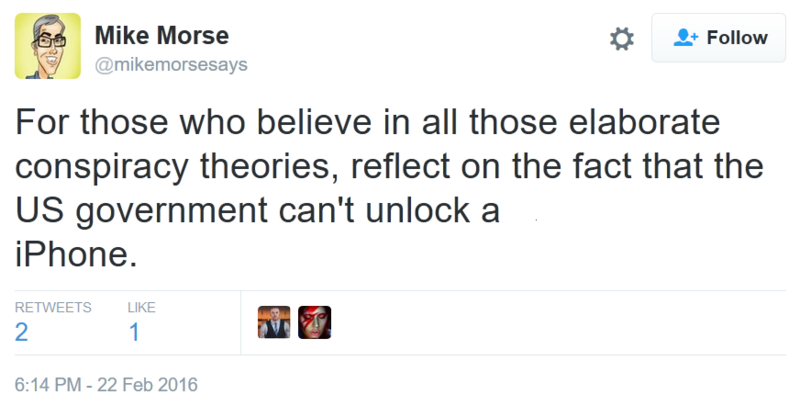Right now Apple is in charge of securing the code for their OS and their method of digitially signing their OS. If they were to do as the FBI is requesting they would be in charge of securing the code for their modified OS and their method of digitially signing their modified OS.
So, you want to talk about a distinction without a difference? In both cases Apple is responsible for securing their proprietary information. We are trusting Apple to keep this secret. Now, what's the problem?
If they get in the habit of doing this what reason will they be asked to do it again later? Their concern is first precedence and then having an existing code that can be used by hackers. It is kind of like if you do not want a secret to get out the best way to ensure that is to not tell anyone.
In Apple's case the best security is for the code not to exist anywhere. The government got in a hurry, did not check with apple before trying to reset the password to the cloud and then moves to force Apple to change its policy. This whole mess could have been avoided by the government with some patience and wisdom. Now they are playing on the tragedy, because of their mistake, and placing blame on Apple.
The government has a compelling reason to see that info, Apple has a compelling reason to keep its security as it is. When those two conflict then who's position should come out ahead? Since I do not trust government, I will side with private business.
Last edited:

